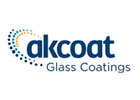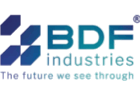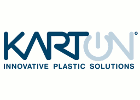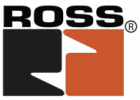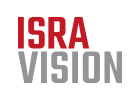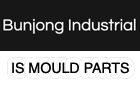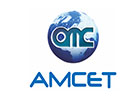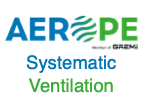British Glass has responded to the UK Government’s consultation which closes on Friday 4 June raising fears that the proposed Deposit Return Scheme (DRS) will have a detrimental impact on closed loop glass recycling, increase carbon emissions and incentivise an increase in plastic consumption at the expense of glass.
In addition, a new report published today by circular economy experts Oakdene Hollins has found that it will cost almost three times as much to recycle glass through a DRS compared to alternative kerbside recycling, favoured by the public.
In its consultation response, British Glass explained that the industry is committed to a 90% collected for recycling rate and for the first time announced a commitment to an 80% remelt target by 2030 which would see 80% of all glass recycled back into new bottles and jars as part of a closed loop.
A major concern for those working towards these targets is the fact that the government proposals do not include a recycling or remelt target as part of the deposit return scheme. Without these targets in place the glass sector is concerned that glass collected through a deposit return scheme will be collected for use in aggregates (such as construction) rather than for high value closed loop recycling into bottles and jars.
Adding to concerns is the government’s proposal that glass collected through the DRS via reverse vending machines will ‘compact glass into four, five or six pieces’. British Glass believe it is impossible to control the number of particles glass can be broken into and have set out to illustrate this through an exercise in breaking a variety of glass bottle formats. To be able to recycle glass as part of a closed loop, the material must be able to be colour sorted into green, amber, and clear colours, however, breaking glass as part of the deposit return scheme will drastically reduce the quality and quantity of glass available for bottle-to-bottle recycling. The recent Environmental Audit Committee (EAC) inquiry into DRS recognised the challenges associated with glass in the DRS including the risk to closed loop recycling of glass if the material is crushed within the scheme.
On material switching, British Glass have highlighted international evidence suggesting that including glass bottles in such a DRS incentivizes the use of plastic packaging, leading to an increase in the amount of plastics on the market – the very thing we want to avoid. At the same time, countries such as Wales, Norway and Sweden have shown it is possible to achieve a circa 90% glass collected for recycling rate through dedicated household and bottle bank collections underpinned by consistent collections that are well communicated to the public.
Phil Fenton, Lead Packaging and Recycling Adviser, commented:
On the need for a recycling/remelt target:
“We all know more needs to be done to increase recycling and move towards a circular economy for all packaging formats. Glass can be recycled endlessly back into new bottles and jars, and it makes both environmental and economic sense to do so. Recycling a tonne of glass into new bottles and jars saves 580kg of co2 emissions – saving over 594,000 tonnes of CO2 in 2019. Alternatively, if recycled glass is used as aggregates, it actually produces more carbon. This is why we are so concerned that a DRS that crushes or compacts glass with no recycling target will be detrimental to bottle-to-bottle recycling and to the environment.”
On the Oakdene Hollins report:
“This new report highlights the incredible cost of recycling glass through a deposit return scheme compared to keeping glass at our kerbside. It will cost £632 a tonne to recycle glass through a DRS compared to £218 by keeping glass at our doorstep.”
On material switching:
“Just in the last few weeks we have seen in the news reports that every person in the UK generates 40kg of plastic waste each year. Rather than tackling plastic pollution, international evidence highlights that including glass in a DRS incentivizes a switch to plastic. One example of material switching can be seen in Finland, when PET was introduced into the DRS in 2008, the quantity of single use PET increased from around 50 million units in 2007 to 375 million units in 2017, whilst total glass sales declined by 100m units in just 5 years, falling from 250m in 2012 to 150m in 2017.”
On the solution for glass recycling:
“We already have a solution to improving glass recycling, and it’s at our doorsteps. A DRS will be damaging for glass recycling, it will be bad for the environment, and it will be expensive. We want to see more glass collected through improved household collections under the new extended producer responsibility scheme, enhanced by consistent collections. Only this will create a truly circular economy for glass packaging.”




